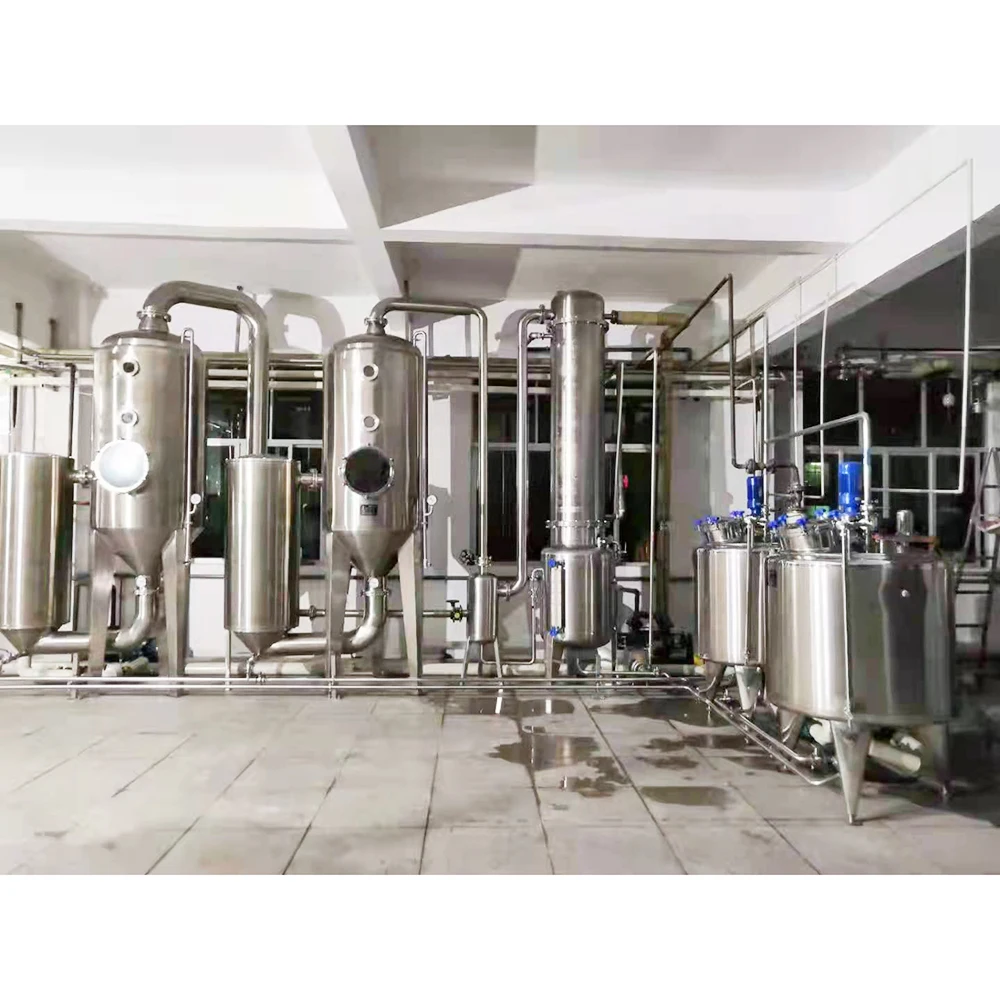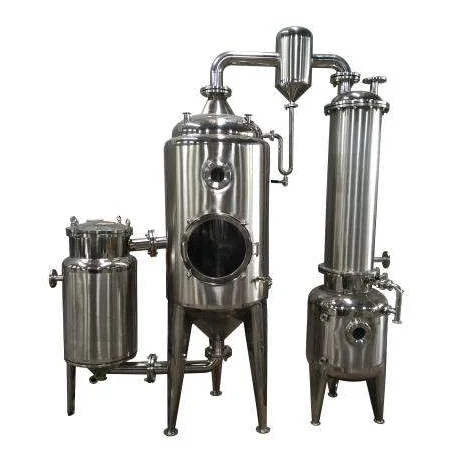ABOUT
Wenzhou Vince Machinery Science Co., Ltd. was established in early 1980s. Our company covers an area of 6500 square meters and is an independent legal representative firm, possessing rich economic technology strength. Our company is a high tech enterprise and plays an important role in national dairy, foodstuff, pharmacy and machinery industries. We are a beverage machinery supplier.
Since the establishment, our company has mainly engaged in dairy products, foodstuff, beverage machinery, bean products, yellow wine, medicines and fermentation projects. What's more, our company supplies a complete sequence services in manufacturing, installation, test and personnel train, as well as the whole direction service design and consulting service on product project construction or enlargement artistic distribution engineering sets budget.
Crafting the Perfect Pint The Mashing Tank's Power
Beer, a beverage enjoyed by millions worldwide, has a complex and fascinating journey from grain to glass. At the heart of this process lies the mashing tank, a vessel where the magic of brewing truly begins. In "Crafting the Perfect Pint: The Mashing Tank's Power," we delve into the intricate world of mashing, exploring how this critical step influences the final flavor and character of your favorite brew.
Unveiling the Secrets of Mashing
The mashing tank is the stage for the conversion of starches in barley into fermentable sugars, the backbone of beer. This process involves carefully controlled temperatures and the addition of water, creating a sweet, viscous liquid known as wort.
The Importance of Temperature Control
Temperature plays a crucial role in mashing, influencing the activity of enzymes that break down starches. Each enzyme has an optimal temperature range for its specific function, creating a delicate dance between enzymatic activity and sugar production.
For example, the enzyme beta-amylase thrives at lower temperatures, producing shorter-chain sugars that contribute to a lighter, crisper beer. Conversely, alpha-amylase works best at higher temperatures, yielding larger sugar molecules that give rise to fuller-bodied brews.
The Role of Water
Water is more than just a solvent in mashing; it plays a vital part in the extraction of sugars and other compounds from the barley. The water's mineral content also influences the final beer profile, adding subtle nuances to the taste.
The Art of Mashing
Mastering the art of mashing involves understanding the interplay between temperature, time, and the specific type of barley used. Experienced brewers carefully adjust these variables to achieve the desired sugar profile and ultimately influence the body, bitterness, and flavor of the finished beer.
Whether you're a seasoned homebrewer or simply curious about the science behind your favorite pint, "Crafting the Perfect Pint: The Mashing Tank's Power" offers a fascinating glimpse into the intricate world of brewing. It's a testament to the fact that a seemingly simple process like mashing holds the key to unlocking a myriad of flavors and aromas that make beer such a beloved beverage.
SUBSCRIBE
INQUIRY




